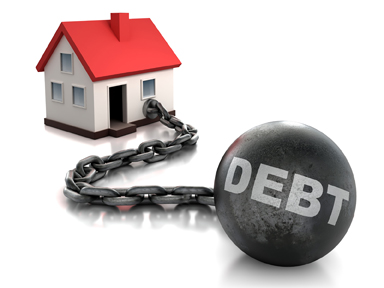
Q. My mother recently passed away. She had been in a nursing home for a number of years, with the help of the Nursing Home Support Scheme. She owned her home, had some small amounts in the Credit Union, I have lived in the family home for a number of years, rent-free but doing all the necessary upkeep. I am an only child. I know that there were some debts in relation to the nursing home. I am also aware that there were older debts from the late 2000s that she could never deal with (a bad property transaction cleared her and my dad out). I am worried that there will not be sufficient funds to clear the debts and I may have to sell the home. I do not want to do so. Do I have to sell the property to pay these items?
Dear Reader,
This can be a complicated situation. In any estate, there is a strict order in which the assets of the estate and gifts from the estate are dealt with.
Firstly, the legal costs and general debts (funeral expenses, unsecured loans) are discharged. Generally speaking, debts which are ‘secured’ over property follow with the property. In this case, you might well be liable to discharge the sums due under the Nursing Home Support Scheme (NHSS).
That said, you may be entitled to defer the repayment of the NHSS under certain very strict circumstances. You should apply to the NHSS scheme to ascertain whether you can avail of a deferment.
As regards the other debts, you should consult with your solicitor as to whether these debts are enforceable as against the estate or not. If they arose more than six years ago, and no payments have been made, and your mother had not acknowledged the debt, and the creditors have not sought to sue your mother, then the debt should not be enforceable.
If they obtained a judgement or placed a charge over the property, generally speaking the creditor has 12 years to recover the debt or apply to the courts for sale of the property, etc. Again, you should check with your solicitor to ascertain the position.
If there was not sufficient cash funds in the estate (either through bank accounts, credit union accounts, life policies, etc.) after the payment of expenses then it may well be the case that the property would have to be sold to pay the general debts of the estate. However, you should ensure that you have done everything possible to pay only the debts which are due.


